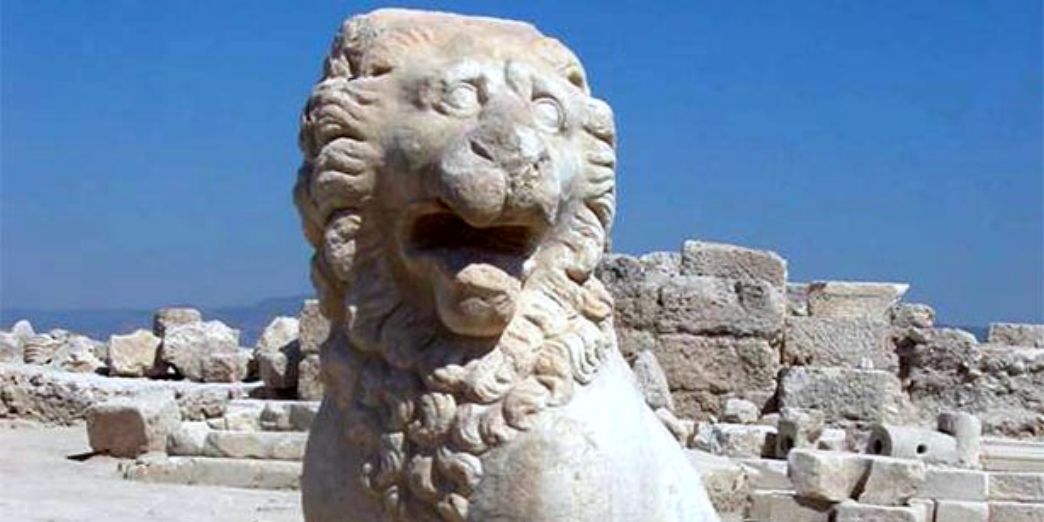Nobel laureate Saul Bellow once lamented that when attending dinner parties he would often be cornered and questioned about politically sensitive issues. His standard answer: “Trust me, I’m for all the good policies and against all the bad ones”. Even in the 1980s, avoiding politically labeling had become an art.
The problem facing progressives today, now that they have gained almost full control of the cultural, educational, media, and tech platforms, and now political institutions, is that they promote only lies. Some boys are really girls and girls might really be boys; people of the same gender can marry; statues of nice people like Abe Lincoln and Father Junipero Serra deserve to be vandalized, police are evil, white people are naturally inclined toward racial supremacy, etc.
Angelo Codevilla recently pointed out that statue defacing is just the beginning:
Continue reading “Joe Biden’s America: Inmates in Re-education Camps” →


 After decades of revelations of clerical sex abuse,
After decades of revelations of clerical sex abuse, 



